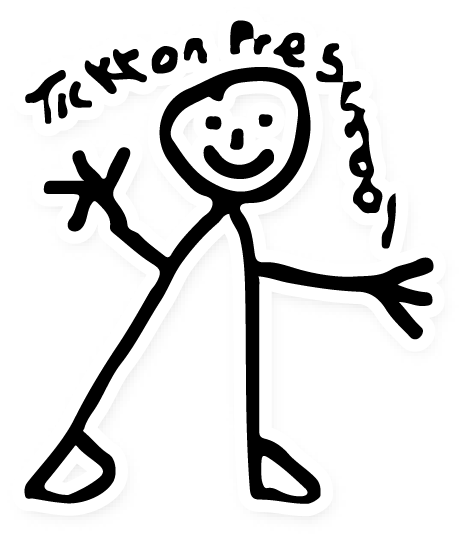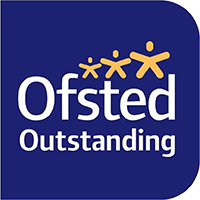
Setting Literacy Statement
Fundamental Early Literacy Skills Vocabulary Fostering a Love of Stories Play Rhyme Listening
Tickton Pre-school and Play Pals.
Our literacy mission statement - demonstrating our commitment to literacy and working in partnership.
Developing fundamental early literacy skills:
Language and communication are vital in underpinning literacy skills and an indicator of future successes.
Children make critical links between print, language, meaning and reading.
Play:
Play is fundamental, so children can make sense of the world, what they have seen, heard and felt… creating meaningful context and supporting children to establish the real purpose of reading and writing.
NOTE: Try adding telephones (to role play areas) to encourage conversations, point out print around you, add purposeful writing equipment (paper/pens/pencils/notebooks/pads), let children look at magazines, receipts, recipes and your own writing (model writing – but remember not to take over – pressure can turn children off the learning process).
Rhyme:
Rhyme is key, it helps children hear patterns in language. Children will first notice that certain words sound the same and share a pattern in the way they are spelt. Understanding these links will make learning to read easier.
Vocabulary:
Talk, Chatter, Natter….Building a large and varied vocabulary enables children to be prepared for the many words they will later find in print when learning to read. Point out print in the environment.
An increased vocabulary enables children to gain more information and an increased understanding of the world which in turn makes it easier to learn new words.
At Tickton pre-school we sensitively support our children to widen their vocabulary by:-
- Involving the children in meaningful conversations.
- Describing new words and language.
- Relating language to a child’s knowledge and experiences.
- Modelling new vocabulary ourselves.
- Choosing stimulating and interactive core books and songs.
- Creating a language and print rich environment.
Fostering a love of stories:
Sharing, valuing and enjoying books in our setting and at home together has a huge impact on the value children place on books. Seeing books as a source of pleasure is very important, this in turn will motivate children to value reading. If we foster a love of books and stories children learn to love language and reading we can do this by:-
- Creating an inviting area to share books. Creating small cosy spaces to read.
- Developing key relationships (Parents/ family/ key person).
- Implementing core reading times.
- Placing books in all areas
- Presenting stories in a fun, interactive and exciting way with tone of voice, sound, and props (such as puppets).
Listening:
Reading involves two skills, word recognition and comprehension. Word recognition involves phonic recognition and starts very early with a focus on sounds. Children need to have well developed listening skills to be able to differentiate between sounds in words when learning to read. You may find the ‘Phase One Letters and Sounds’ document useful. Try involving children in listening games such as sound lotto, musical games, Kims game, rhyming games – helping children to build these patterns and laying the foundations.
![]()
© 2024 Tickton Pre-school and Play Pals - Charity No: 1020795. Hosted by NurseryWeb (FootfallCam Company)


